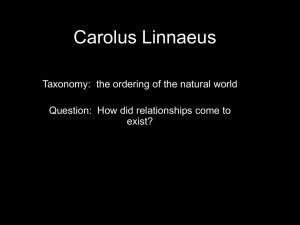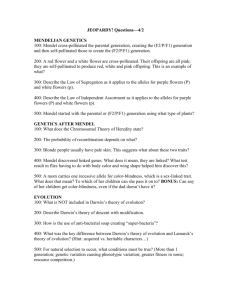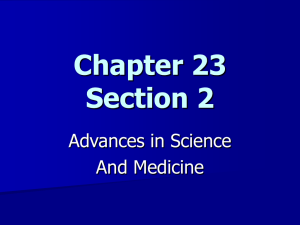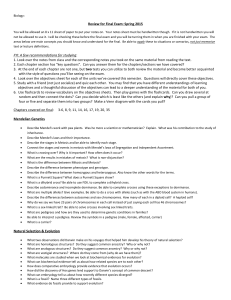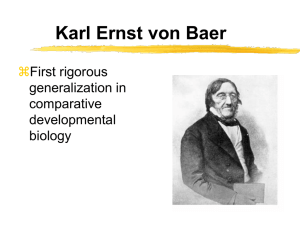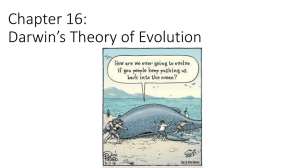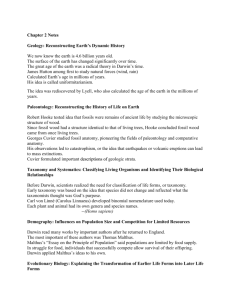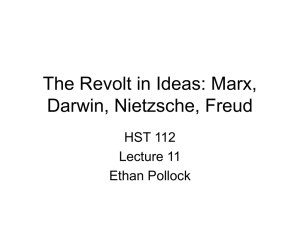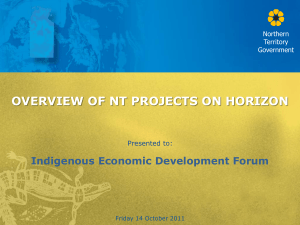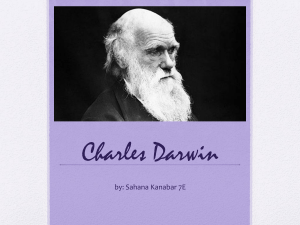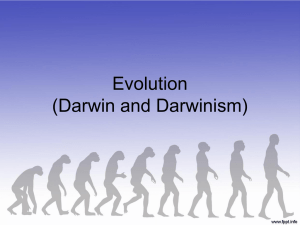10 4 Nineteenth Century Progress
advertisement
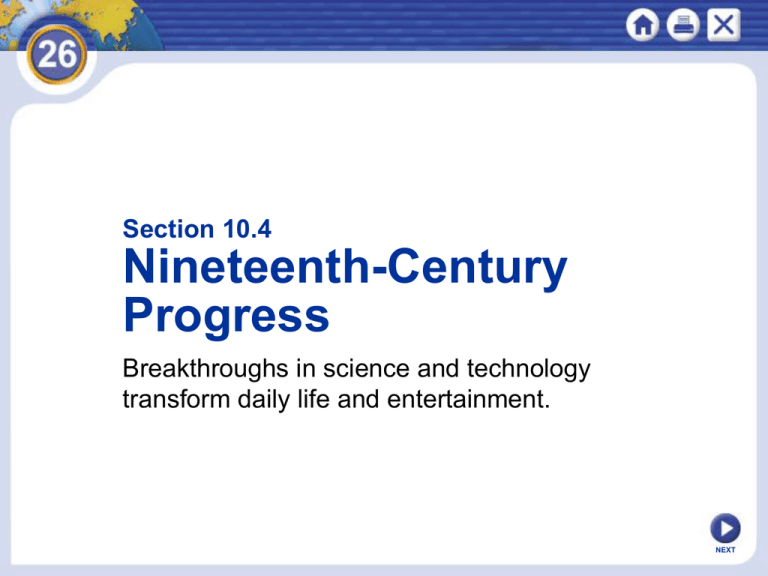
Section 10.4 Nineteenth-Century Progress Breakthroughs in science and technology transform daily life and entertainment. NEXT Nineteenth-Century Progress Inventions Make Life Easier Edison the Inventor • Thomas Edison patents over 1,000 inventions in research laboratory Bell and Marconi Revolutionize Communication • In 1876, Alexander Graham Bell invents telephone • In 1895, Italian Guglielmo Marconi builds first radio Thomas Edison Marconi Ford Sparks the Automobile Industry • In 1880s, Germans invent first automobile • Henry Ford lowers cost with assembly line—one task per worker assembly line The Wright Brothers Fly • In 1903, Wright brothers develop first working airplane NEXT New Ideas in Medicine The Germ Theory of Disease • Louis Pasteur discovers existence of bacteria while observing fermentation • He and others discover that bacteria cause disease • Sterilizing instruments reduces deaths & infection • Medical researchers develop vaccines; cities improve sanitation Pasteur New Ideas in Science Darwin Challenges Traditional Beliefs •Charles Darwin— Develops theory of evolution •In 1880s most people believe in “special creation” by God Darwin Darwin’s Theory of Evolution •Darwin’s idea of natural selection says competition elevates fittest •Theory of evolution—species change slowly through natural selection NEXT New Ideas in Science Mendel and Genetics • Austrian monk Gregor Mendel discovers patterns to inherited traits • Mendel’s work begins the science of genetics Advances in Chemistry and Physics Mendel • In 1803, John Dalton theorizes all matter is made of atoms • In 1869, Dmitri Mendeleev creates periodic table • Radioactivity—type of energy discovered by Marie and Pierre Curie Marie Curie Social Sciences Explore Behavior Freud New Ideas in Social Science •Sciences of archaeology, sociology, anthropology begin in 1800s •Psychology—study of human mind, behavior •Ivan Pavlov studies conditioning in dogs •Sigmund Freud studies unconscious, NEXT The Rise of Mass Culture From Leisure Culture to Mass Culture • Mass culture—art, music, writing, entertainment for large audience Changes Produce Mass Culture • Leisure activities (movies, music) now available to working class Music Halls, Vaudeville, and Movies • Traveling acts feature music, juggling, dancing • In 1880s, people develop early projections of moving images • First feature films made in early 1900’s Sports Entertain Millions • Spectator sports draw huge crowds; modern Olympics in Greece, 1896 NEXT
